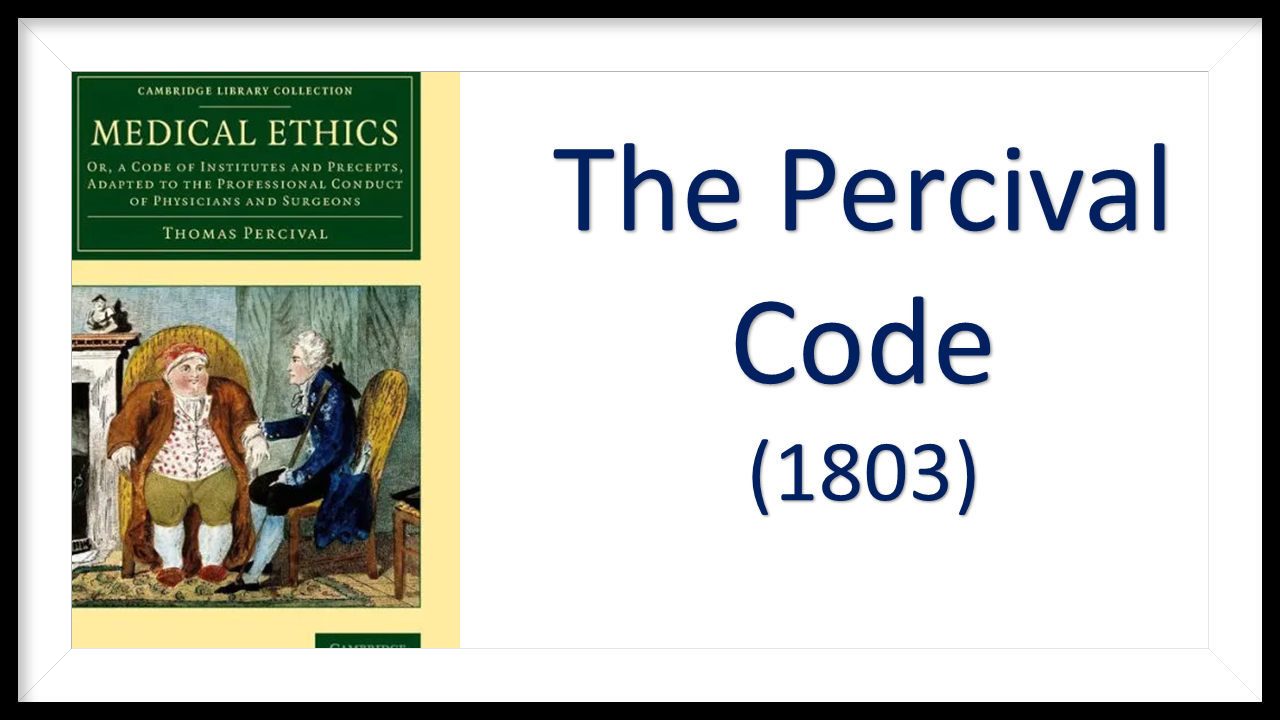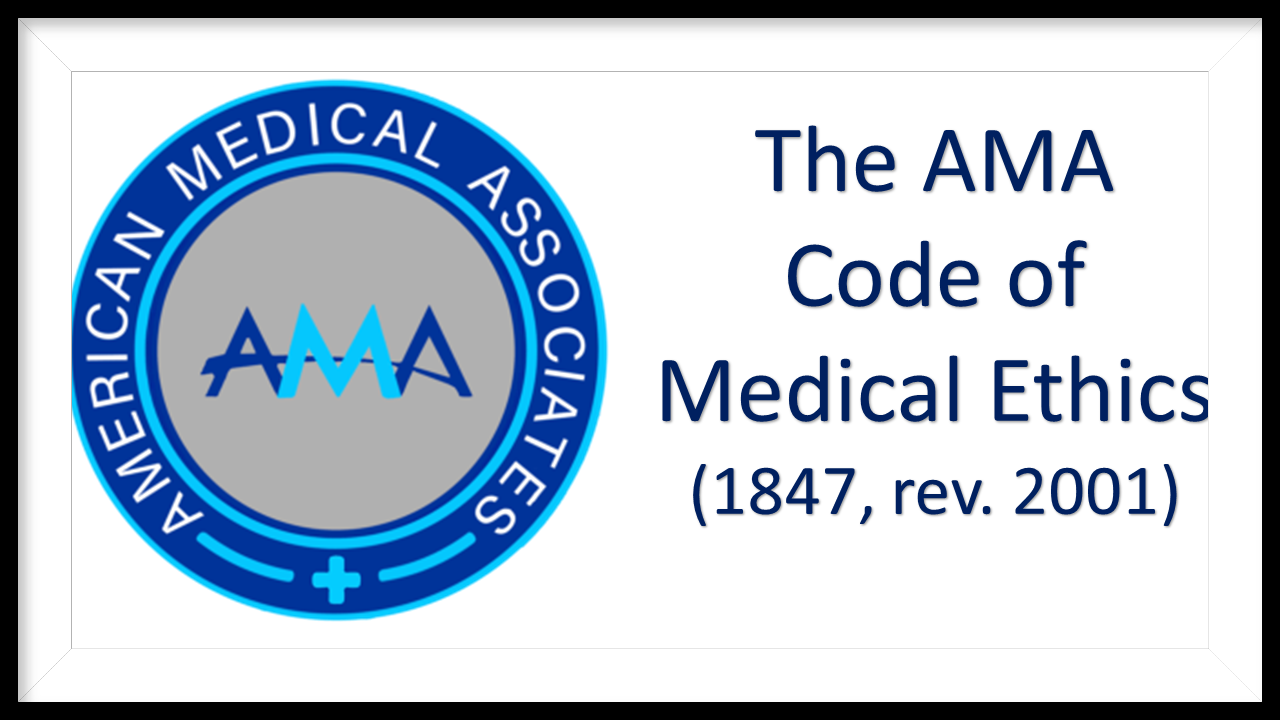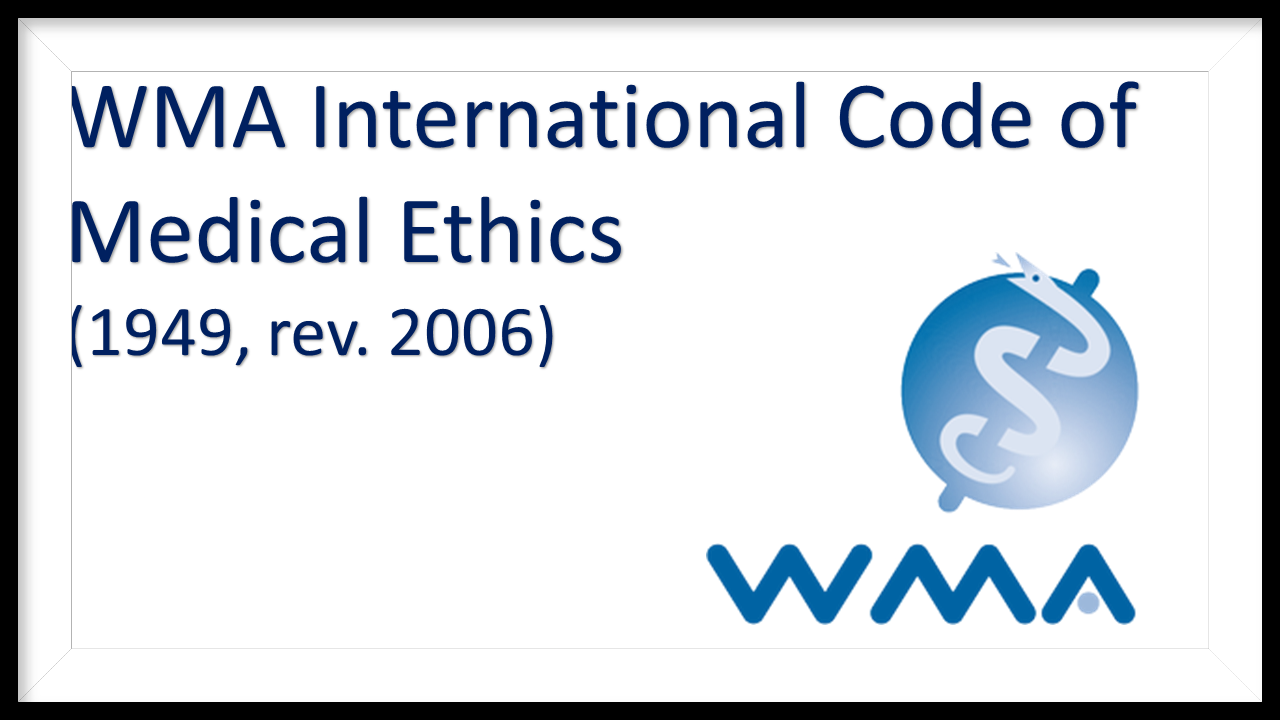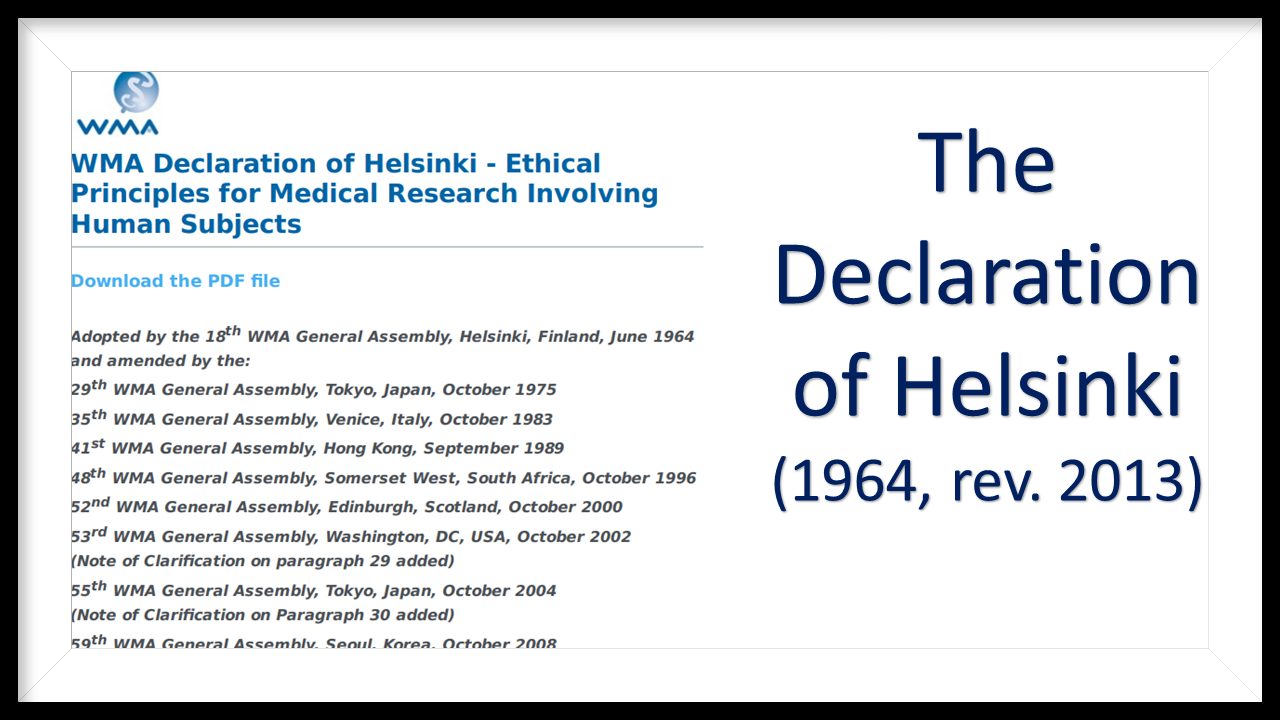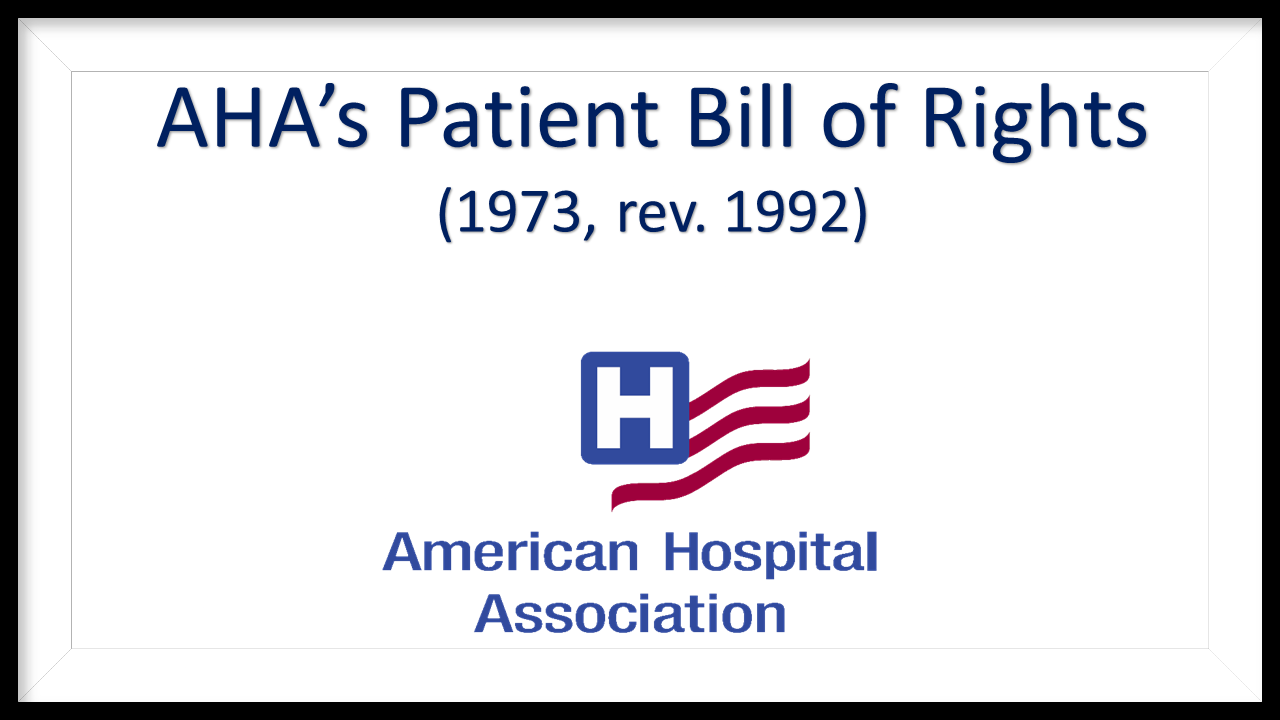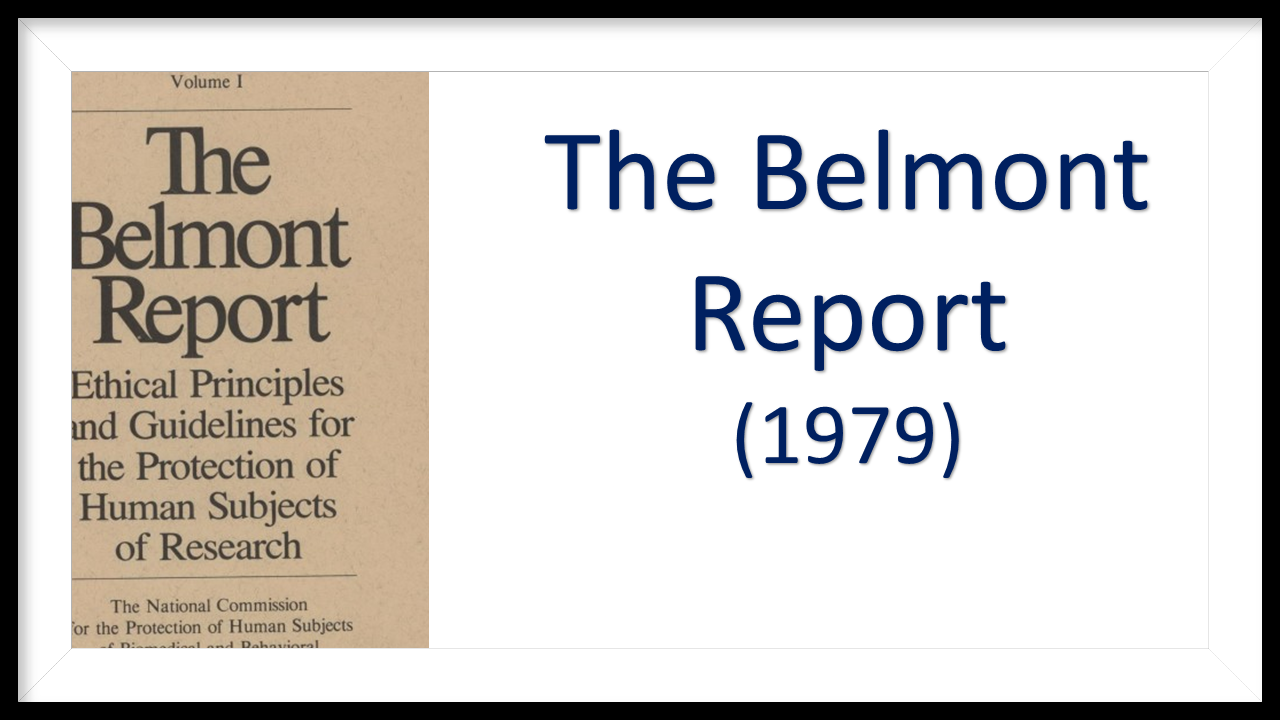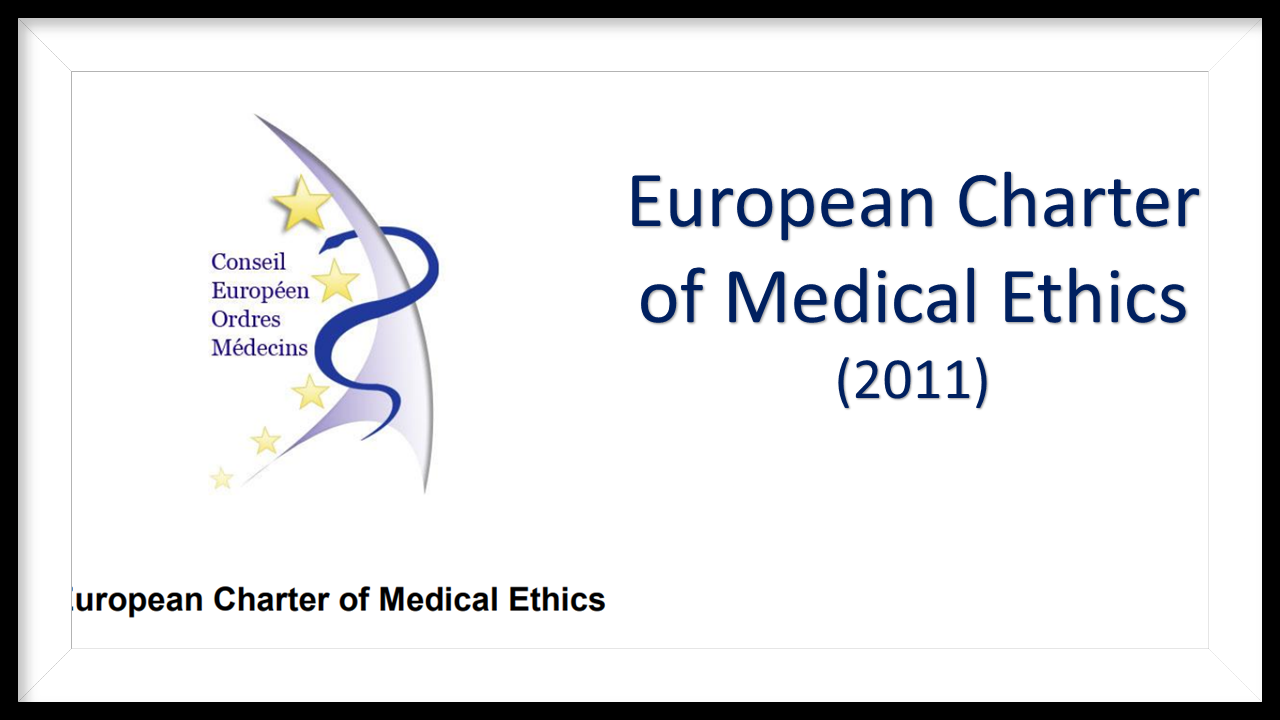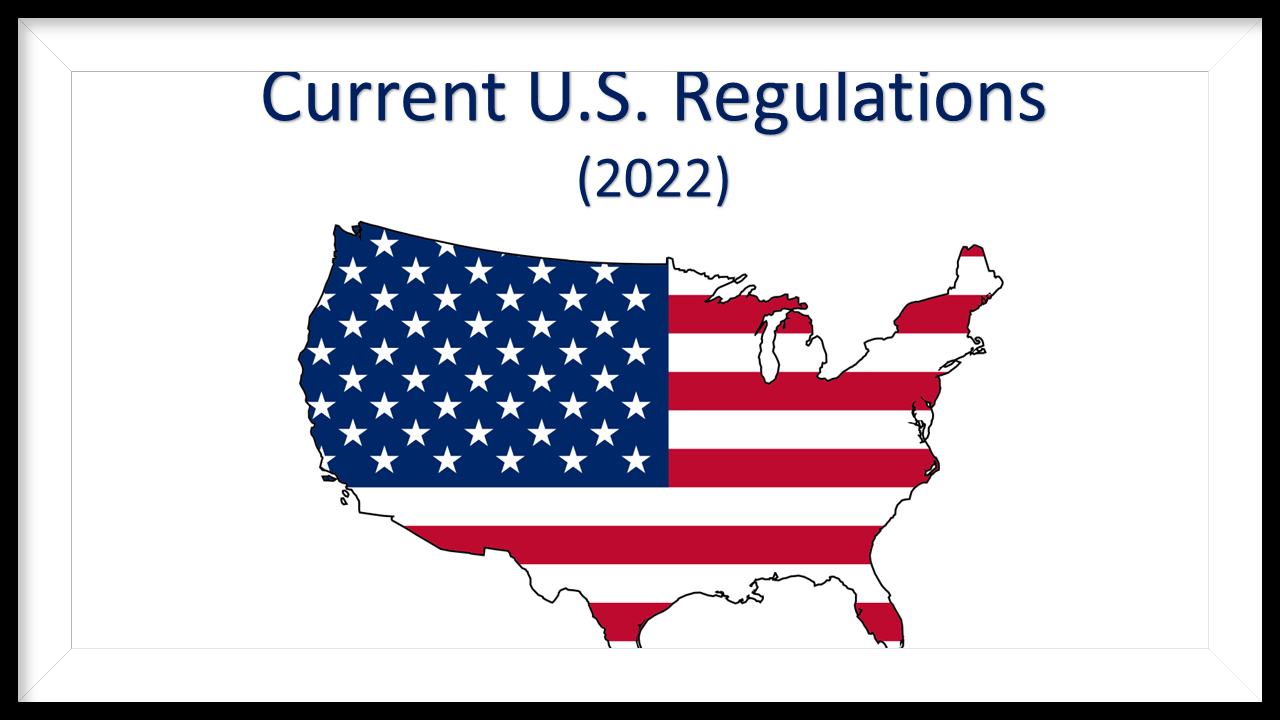
Follow VAERS Explorer on Social Media
The Belmont Report
(1979)
In 1979, the National Commission issued "The Belmont Report: Ethical Principles and Guidelines for the Protection of Human Subjects of Research." The three guiding principles from the Belmont Report are respect for persons, beneficence, and justice. The report originated in response to an investigation into abuses in the Tuskegee study (1972) and led to a significant revision of U.S. regulations on research on human subjects. The Belmont Report is codified in Title 45 Code of Federal Regulations Part 46. In order to receive federal funding, facilities that conduct research on human subjects must comply with Title 45 CFR 46, including the Belmont Report.
The Tuskegee study (1932 to 1972)
In 1932, the United States Public Health Service partnered with the Tuskegee Institute to study the natural history of syphilis. The official study title was the “Tuskegee Study of Untreated Syphilis in the Negro Male”, currently referred to as the “USPHS Syphilis Study at Tuskegee”. The study ended in 1972 after the story was picked up by the Associated Press, triggering a nationwide scandal.
The researchers enrolled 600 African-American men from Macon County, Alabama, of whom 399 had latent syphilis and 201 controls. The study was initially planned for six months but extended to 40 years. The researchers never obtained informed consent from the participants, never informed them of their disease, and never told them their syphilis would be left untreated. The men were told they were being treated for "bad blood", a generic local term for various ailments. None of the men was ever treated with penicillin, not even after 1947 when the antibiotic became widely available as a standard treatment for syphilis. The compensation for participants included free medical checks, transportation, free meals, and burial insurance. By 1972, when the study was terminated, 28 patients had died from syphilis and 100 from its complications. Forty wives of the patients were infected with syphilis, giving birth to 19 children with congenital syphilis.
As a consequence of the scandal, an Advisory Panel was appointed by the Assistant Secretary for Health and Scientific Affairs to review the Tuskegee study. The panel concluded that the study was ethically unjustified due to the known risks of untreated syphilis. In November 1972, the study was terminated. In 1973, The Tuskegee Health Benefit Program (THBP) was established to provide medical care to survivors of the study. Their wives and children were only added to the program in 1975. Additional medical benefits were added to the program in 1995. The last participant in the Tuskegee study died in 2004, and the last widow in 2009. The program still supports about ten children. A class-action suit was filed in 1973, resulting in a $10 million out-of-court settlement. In 1997, President Bill Clinton issued an apology.
In response, the National Research Act (1974) was signed into law, creating the National Commission for the Protection of Human Subjects of Biomedical and Behavioral Research (the National Commission). The National Committee released the Belmont Report in 1979. The report identified basic ethical principles underlying biomedical and behavioral research on human subjects.
The Belmont Report states basic ethical principles and guidelines that guide the resolution of ethical problems in research on human subjects. The principle of patient autonomy became central to ethical behavior in human research, as the obligations to beneficence and nonmaleficence were virtuous yet insufficient. Formalized informed consent was required to ensure justice in human research.
Respect for Persons entails respecting people's autonomy and their choices. Persons with limited autonomy receive additional protections, depending on the nature of potential risk and the likelihood of benefit. This principle involves informed consent that is necessary for an individual to make a decision on their participation in a study.
Beneficence requires an assessment of the potential risks of harm to the patient to the anticipated benefits for the patient. Investigators must maximize the benefits for the patient while reducing the risk of harm. The public also needs to understand the risks and benefits that may result from novel interventions.
Justice stands for fair treatment for all and a fair distribution of the risks and benefits of research on human subjects. The exploitation of vulnerable people is prohibited. The potential participants in the research need to be appropriate for the disease under study.
The Belmont Report is an essential documents on protecting human subjects, and its recommendations have been universally adopted. Institutional Review Boards use the Belmont Report as an essential reference document.
References:
Department of Health and Human Services - Office for Human Research Protections: The Belmont Report (1979) - Ethical Principles and Guidelines for the Protection of Human Subjects of Research. Available at: https://www.hhs.gov/ohrp/regulations-and-policy/belmont-report/index.html
Centers for Disease Control and Prevention: The U.S. Public Health Service Syphilis Study at Tuskegee. The Tuskegee timeline. Available at: https://www.cdc.gov/tuskegee/timeline.htm
U.S. Department of Health, Education, and Welfare Public Health Service (1973): Final Report of the Tuskegee Syphilis study. Ad Hoc Advisory panel. Available at: https://biotech.law.lsu.edu/cphl/history/reports/tuskegee/complete%20report.pdf
Gaynes, R. (2017). The Discovery of Penicillin—New Insights After More Than 75 Years of Clinical Use. Emerging Infectious Diseases, 23(5), 849-853. https://doi.org/10.3201/eid2305.161556. Available at: https://wwwnc.cdc.gov/eid/article/23/5/16-1556_article
Heller J (2017): AP Was There: Black men untreated in Tuskegee Syphilis Study. Available at: https://apnews.com/article/business-science-health-race-and-ethnicity-syphilis-e9dd07eaa4e74052878a68132cd3803a
Title 45 Code of Federal Regulation Part 46 - Protection of human subjects. Available at: https://www.ecfr.gov/on/2018-07-19/title-45/subtitle-A/subchapter-A/part-46
The Belmont Report: Ethical Principles and Guidelines for the Protection of Human Subjects of Research. Washington, DC. U.S. Government Printing Office, 1978. DHEW Publication No. (OS) 78-0012. Reprinted in Federal Register 44 (April 18, 1979):23192. https://videocast.nih.gov/pdf/ohrp_appendix_belmont_report_vol_2.pdf
Last updated: September 10, 2022
Milestones in Medical Ethics
Follow VAERS Explorer on Social Media




